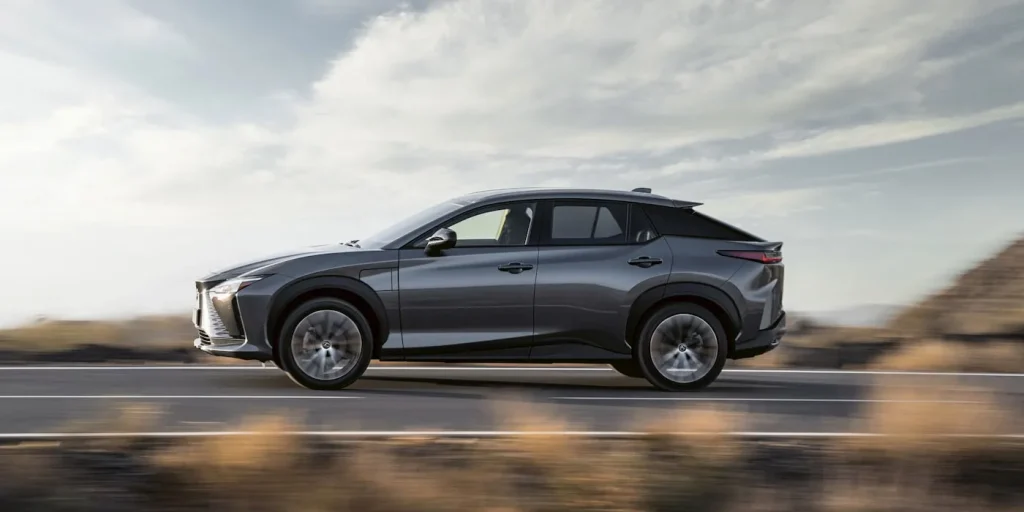
The world’s largest automaker wants to catch up in the global EV race after falling behind rivals like Tesla and BYD. On Wednesday, Toyota announced that its $14 billion EV battery plant in North Carolina is open for business. The new facility will begin shipping batteries for Toyota’s electric vehicles in April. Meanwhile, Toyota revealed separate plans to challenge BYD and other EV leaders in China.
Toyota will begin building EV batteries in the US in April
A little over three years after Toyota revealed plans to build a new EV battery plant in North Carolina, the facility is about to open its doors.
After releasing Q3 earnings on Wednesday, the company announced that the Toyota Battery Manufacturing North Carolina (TBMNC) plant had finished preparations. Toyota said the facility “is ready to begin production and will start shipping batteries for North American electrified vehicles in April.”
The plant will produce batteries for Toyota electric vehicles (EVs), plug-in hybrids (PHEVs), and hybrid models. Toyota invested nearly $14 billion, creating about 5,000 jobs as its new “epicenter” of North American battery production.
To give you an idea, Toyota’s new EV battery plant is about the size of 121 football fields, at over seven million square feet.
TBMNC is Toyota’s 11th manufacturing plant in the US and its first in-house battery factory outside Japan. The plant will finally begin shipping batteries in April. When fully operational, Toyota expects output to reach over 30 GWh annually.
In a separate press release on Wednesday, Toyota announced it will establish a wholly-owned company in Shanghai, China, to produce EVs and batteries for the Lexus brand.
According to Toyota, local Chinese companies “will take the lead in planning and developing BEVs” as it looks to keep pace with BYD and other domestic EV makers. The company said its goal is to “become a company that is more loved and supported by the people of China.
The new EV company is expected to begin production “after 2027,” with an annual production capacity of around 100,000 units.
























